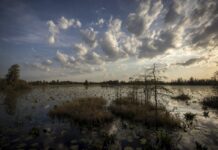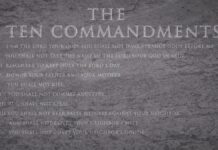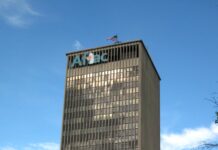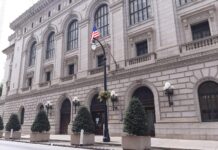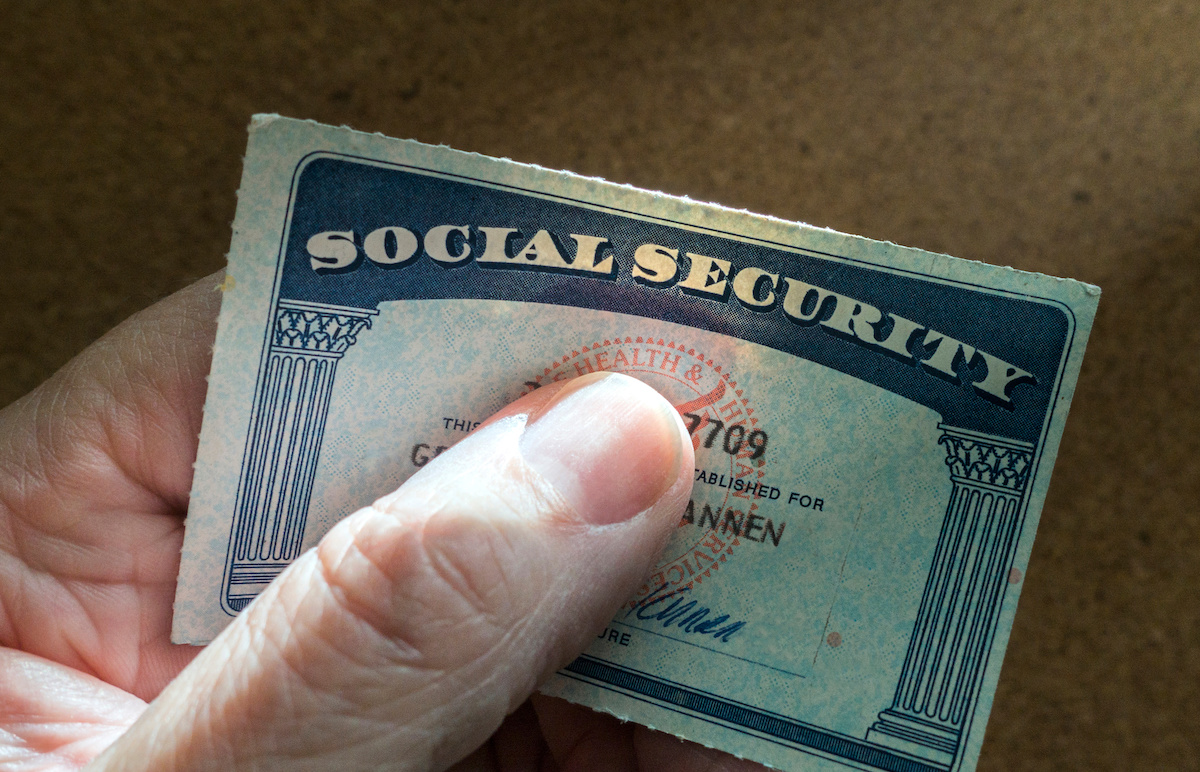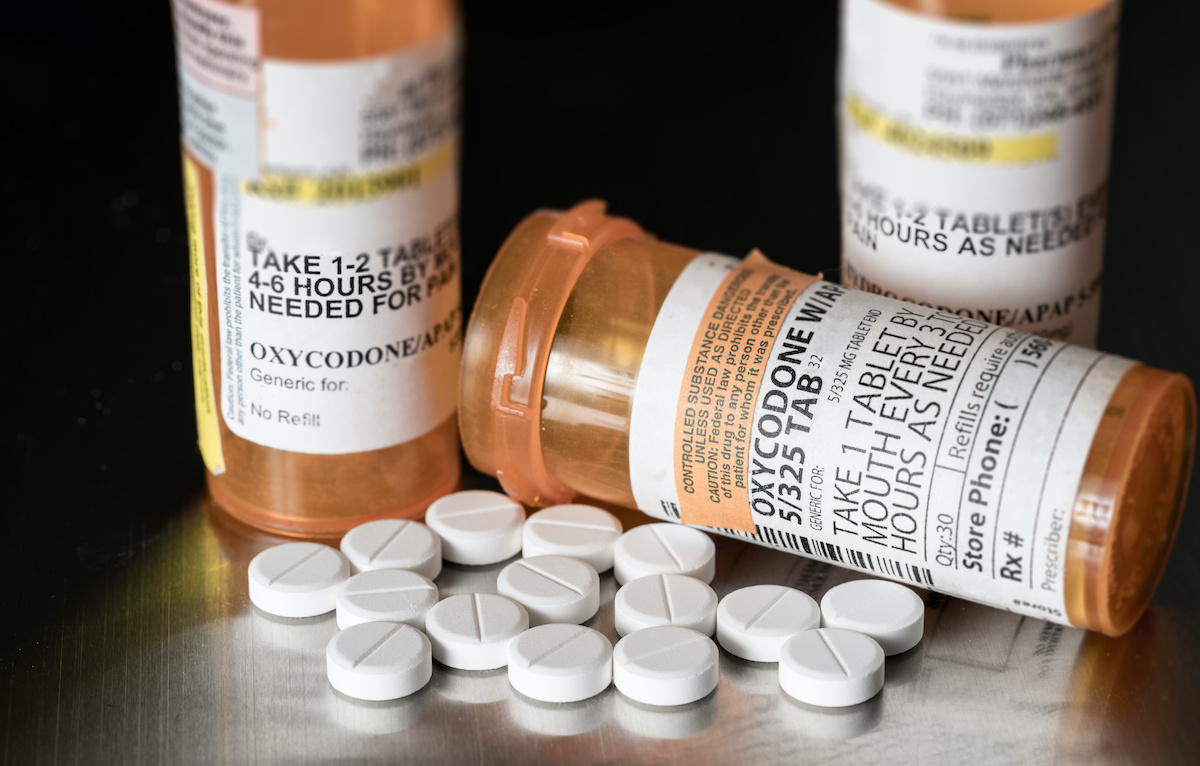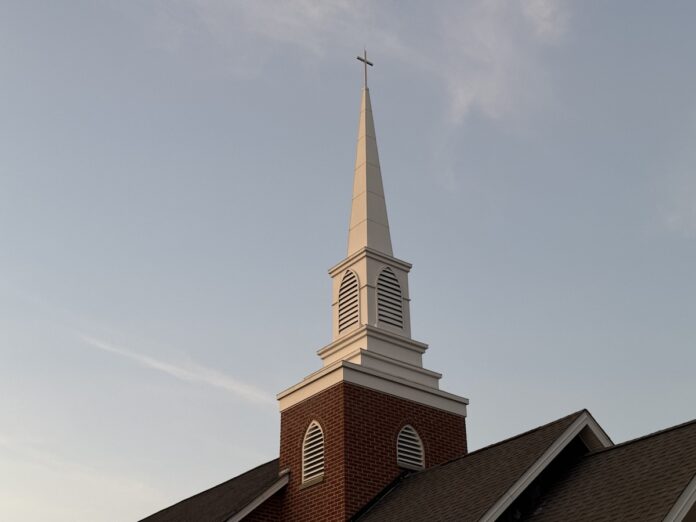
WASHINGTON (States Newsroom) — A federal judge in Maryland on Monday partly granted a request from Quakers and other religious groups to limit the U.S. Department of Homeland Security’s authority to conduct immigration enforcement in houses of worship.
The eight religious groups had asked U.S. District Judge Theodore David Chuang for a nationwide preliminary injunction blocking the Trump administration’s decision to allow Immigration and Customs Enforcement to conduct enforcement in sensitive locations such as places of worship.
That action by the Trump administration rescinded a 2021 memo by the Biden administration in which extra guidelines were added for enforcement at sensitive locations in special circumstances, following on a longstanding U.S. policy to limit such enforcement.
Chuang, who was appointed by former President Barack Obama and confirmed in 2014, did not grant a nationwide injunction Monday and had seemed skeptical about one during arguments in early February. The groups argued the Trump administration’s decision to revoke the sensitive locations memo violated their religious rights to gather and worship without fear of immigration enforcement.
In Monday’s order, Chuang instead directed those eight groups to provide DHS with a list of their locations, which will be included under his preliminary injunction. The eight groups have 1,700 chapters across 37 states.
For those locations, Chuang has ordered ICE to follow immigration enforcement policies under guidelines from the 2021 memo. Those policies require approval from ICE headquarters and also enforcement that is “conducted to eliminate or at least minimize the chance that the enforcement action will restrain people from accessing the place of worship.”
The Department of Justice did not respond to States Newsroom’s request for comment.
Skye Perryman, the president and CEO of Democracy Forward, the legal organization representing the religious groups, said in a statement that “we are grateful to the court for acting to limit this unlawful and harmful policy.”
“Religious institutions should not have to go to court to fight for the right to worship and associate freely that is enshrined in our Constitution,” Perryman said. “Our plaintiffs represent a unique and diverse coalition of religious groups that have been at the forefront in protecting values of religious liberty for centuries.”
27 religious groups are bringing a similar, separate lawsuit in the U.S. District Court for the District of Columbia. They are asking for an injunction to be placed for their groups rather than nationwide. They are also not challenging the rest of the locations included in the memo.
Until the Trump administration rescinded the memo, sensitive locations for immigration enforcement also included hospitals, schools, funerals, and other social services.
The complaint by the Quakers in the U.S. District Court for the District of Maryland was brought by six Quaker meetings, as the gatherings are called, as well as the Cooperative Baptist Fellowship in Georgia and the Sikh Temple Sacramento in California.
The six Quaker meetings are the Philadelphia Yearly Meeting of the Religious Society of Friends, the New England Yearly Meeting of the Religious Society of Friends, the Baltimore Yearly Meeting of the Religious Society of Friends, the New York Yearly Meeting of the Religious Society of Friends, the Adelphi Friends Meeting of the Religious Society of Friends, and the Richmond Friends Meeting of the Religious Society of Friends.
They have members in Connecticut, Delaware, Maine, Maryland, Massachusetts, New Hampshire, New Jersey, New York, Pennsylvania, Rhode Island, Vermont, Virginia, the District of Columbia and West Virginia.

